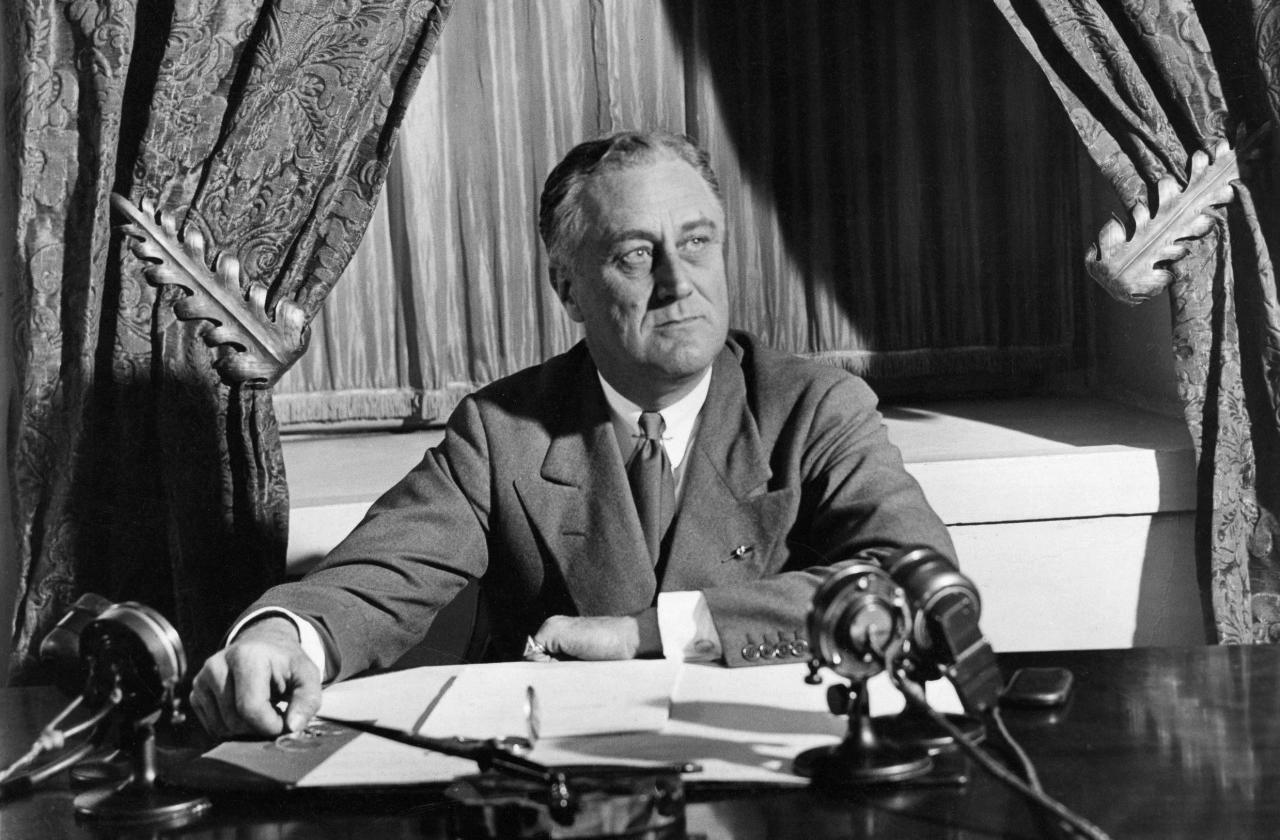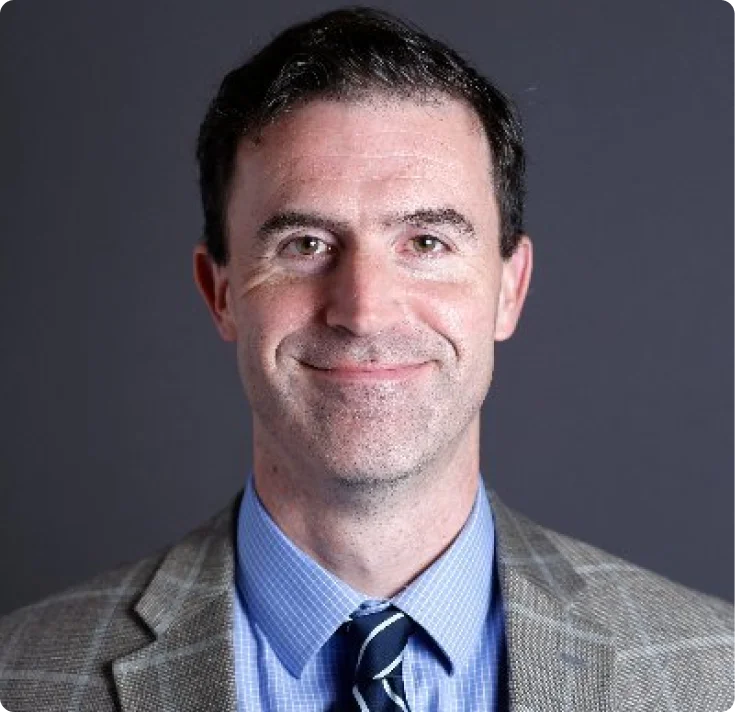
The Burden of Debt and the Gift of Work
The market stems from who we are as human beings. We disrupt it at our peril.
The distortion of biblical teaching known as the “Prosperity Gospel” says that poverty is a curse, only sinners suffer, and God wants us all to be rich. Free your soul, and your wallet will follow. This, however, is not what it means to think like an economist about the Gospel and the material and spiritual challenges of human life.
Imagine instead Christians thinking of their salvation the way professor and philosopher Michael Pakaluk puts it in Be Good Bankers:
God’s plan was not simply to bail us out but rather to repay the debt on our behalf, in such a way as to teach us the seriousness of the debt and to begin to address our tendencies to fall into debt.” Debt here encompasses the full weight of mankind’s separation from God. Pakaluk describes this as “a transfer of wealth from heaven to earth.
His book is one part essay and one part biblical commentary on the Gospel According to Matthew, translated by Pakaluk himself.
Pakaluk starts with an anthropological question: Who is the human person? Pakaluk answers that the human person was created “to do business to earn a living,” with “business” broadly understood as constitutive of mankind’s social nature. Not only to flourish but also to survive, we must work together to understand each other’s needs. As Pakaluk notes, Thomas Aquinas reached a similar conclusion about the profound human need for collaboration. Adam Smith later called this the common human impulse to “truck, barter, and exchange.” All people are in some way engaged in business.
Business is a collaborative friendship, requiring virtues like loyalty and honesty to achieve mutual benefit. Profit is a signal that we are meeting others’ needs and fulfilling our vocation as an entrepreneur or businessperson. If doing business is part of our nature, then, according to Pakaluk, we ought to understand profit as akin to “the fruitfulness . . . in nature where natural systems are working as they should.”
The market flows from these anthropological facts. A market, thus, is not an optional sideshow to our existence or something in which only a select few participate. It stems from who we are as human beings. We therefore disrupt it at our peril. Artificial barriers, such as tariffs, are certainly disruptive, but so too are corruption, cronyism, and vice. All of these factors damage the natural market mechanism. To be a virtuous actor in the marketplace, however, one must be free, because for an act to be virtuous, it must be freely chosen. This connection between freedom and virtue is one reason the moral and anthropological arguments for a free society with free markets are stronger than those that merely show (correctly, in most cases) that freer markets better allocate resources than unfree ones.
In The Economics of the Parables, Robert Sirico looks at several of Jesus’s parables through an economic lens. “Economic matters pervade practically the whole of life on earth,” Sirico writes. Every choice and every economic decision, says Sirico, must be considered in its “material and transcendent” dimension. In Be Good Bankers, Pakaluk uses the lens of economics not for a series of parables but for an entire Gospel. He finds it highly plausible that God would choose “someone who was positioned to attain a good grasp” of the “deep analogies between the spiritual realm and the world of business.” Moreover, as much of this commentary suggests, there exist “deep analogies between the logic of business activity and the logic of the spiritual realm.” These analogies are prominently displayed in Matthew’s depiction of Jesus in talk about debt, payment, buying someone back, and the representation of a sinner as one who cannot pay his own debt and so seeks salvation from his bondage.
Pakaluk draws the reader’s attention to economic phrases that Christians often use without really considering them: the pearl of “great price,” the “deposit of faith,” “redeeming,” and the juxtaposition of “loss” and “gain.” His commentary delves into these verses in depth, revealing an important facet of human life.
But Pakaluk goes further than just having us read the gospel as if a banker wrote it and enjoining us to “be good bankers.” The very text itself, he argues, is structured into two parts: the first explaining our debt and how all the wealth that has accrued to us has come through no deed of our own, and the second showing us the payment and proving that the debt has been paid. Only God can purchase eternal life for us.
Reading this Gospel as if a banker wrote it only makes sense if, indeed, a banker wrote it. Thus, Pakaluk’s interpretation of debt and its implications hinges on his acceptance that the author of the Gospel According to Matthew was, indeed, Matthew the tax collector. In this, he agrees with the oldest traditions of the Christian church. Second and third century readers, including Papias, Irenaeus, and Origen, all attributed this gospel to Matthew without any doubt whatsoever. These men were not pushovers, for there were many books of questionable authorship. It is not as if any book about Jesus was accepted without question. Indeed, ensuring the divine inspiration of books was the chief way of separating heresy from orthodoxy.
At the Second Vatican Council the Catholic Church reaffirmed that all “four Gospels are of apostolic origin” while also noting that to ascertain “the correct understanding of what the sacred author wanted to assert, due attention must be paid to the customary and characteristic styles of feeling, speaking and narrating which prevailed at the time of the sacred author.” What the authors intended is key to understanding them.
For many non-Catholic Christians, especially evangelical Protestants like D.A. Carson, the co-founder of the Gospel Coalition, this holds true as well. Protestant scholars more generally argue that it was tradition, not a clear provenance, that established Matthew as the author.
Much of twentieth century biblical higher criticism, on the other hand, popularized the idea that Matthew relied on Mark as a source or, with Luke, on Quelle, the other “source” that formed the basis of both Luke and Matthew. A few, such as best-selling author Bart Ehrman, reject nearly all historical claims in the New Testament and are skeptical of the authorship of almost every New Testament text.
It is to these critics that Pakaluk in part addresses his book, stating, “I dissent from the common view among New Testament scholars that someone else wrote the Gospel of Matthew and that this author depended on the Gospel of Mark.”
In short, Pakaluk rejects what Joseph Ratzinger calls the “great errors” of “academic dogmas” that have grown up around biblical higher criticism since the 1920s. Ratzinger, in “Biblical Interpretation in Crisis,” says that what we need are not “new hypotheses . . . on possible sources or on the subsequent process of handing down material.” Indeed, these inevitably seem to reject a faith hermeneutic that reads the Bible as a book. Rather, according to Ratzinger, to begin “new and fruitful collaboration between exegesis and systematic theology,” what is needed is a “return to the text” so that we might separate unhelpful hypotheses from helpful ones rooted in a hermeneutic of faith. Pakaluk’s Be Good Bankers is just such a book.
These debates of biblical criticism aside, there is also a devotional way one might read Be Good Bankers. For instance, some readers will find in Pakaluk’s book a recipe for seeing the Gospel According to Matthew with the fresh eyes of faith, merely by doing the radical thing of thinking that Matthew the tax collector wrote it. As practitioners of Ignatius of Loyola’s Spiritual Exercises know, imaginative contemplation can draw readers more deeply into a text by engaging more than just one’s intellect. Pakaluk’s bid to have us read Matthew in light of how a tax collector might write about Jesus strikes me as in this tradition of Ignatian contemplation.
Better yet, for the non-theologian and non-scripture scholar, which is most of us, Be Good Bankers is an excellent primer on Christian anthropology, the dignity of labor, and the goodness of business. Pakaluk’s economic interpretation of the Gospel encourages virtuous behavior in the marketplace, not with platitudes but by highlighting how our nature as moral and social beings serves to create value and wealth as we seek to use the goods of this earth to meet the problem of scarcity.
John C. Pinheiro is a historian and Director of Research at the Acton Institute for the Study of Religion and Liberty. He is on X as @drjohnpinheiro.

In Defense of Israel’s Legitimacy
Pierre Manent reflects on Alain Finkielkraut’s luminosity of soul and his admirable contribution to contemporary intellectual life.

The Original Sin of U.S. Health Care
As long as most Americans receive health insurance as an invisible, employer-managed fringe benefit, health care will remain expensive, opaque, and unresponsive.
.jpeg)
The False Equivalence of Multicultural Day
Parents have an affirmative obligation to reinforce patriotic values and counter the narratives that are taught in school.
Get the Civitas Outlook daily digest, plus new research and events.









